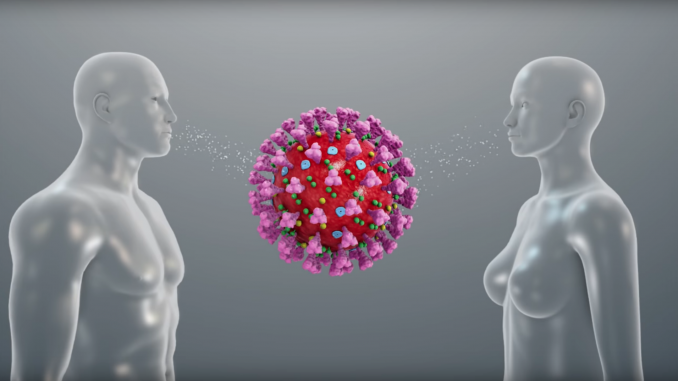

It is true that COVID-19 seems to affect older people and those with underlying health conditions like heart disease, lung disease and diabetes, the most. But then, Italy saw a 103-year-old woman recovering from this disease. This is why experts find this disease fascinating. According to them, if you contract this disease, whether you will recover or not will depend on many factors. Let us see what they are.
A person’s immunity can decide outcome
Your immunity or lack of it may be the difference between life and death. “People with a weak immune system are more likely to catch the COVID-19 infection and die from it too,” says Dr. Mehta. We see more elderly people with severe complications because they have a naturally low immunity. In the same way, any person with any chronic health disorder will also suffer from a low immunity. Hence, their bodies cannot fight off the invading pathogen and the virus replicates easily in their bodies. This can have very negative outcomes. On the other hand, a healthy and over-active immune system can also sometimes cause an inflammatory reaction that can adversely affect the lungs and other organs in a body. This may be the answer as to why so many young people are falling victim to COVID-19.
Steroids play a role too
According to Dr. Mehta, “Steroids act us immunosuppressants. They reduce the capacity of your immune cells to function properly. That is why people who are under steroid treatment for autoimmune disorders like rheumatoid arthritis and systemic lupus erythematosus are more prone to be affected by this coronavirus.” He suggests that if people on steroids catch the COVID-19 infection, they must consult their physician and discuss about switching to an alternative line of treatment. However, these drugs can be good for young and healthy COVID-19 patients with an over-active immune system.
Can genes define how our bodies react to COVID-19?
Many experts are starting to wonder if a person’s genes can influence the severity of COVID-19 symptoms. They suspect that it can decide whether you get a mild infection or suffer severe complications. Scientists from the National Institute of Allergy and Infectious Diseases are saying that a gene variation in the ‘ACE2 gene may make it easier or harder for the virus to get into lung cells’. The Science magazine published this study.

